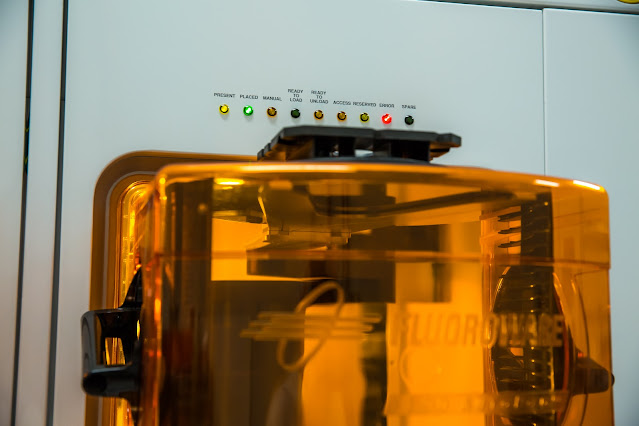How Chip Shortage Impacts the Future of the Semiconductor Market?
Industries and economies have suffered for over two years due to the lack of semiconductor chips.
Chips are everywhere and essential to society's smooth operation. The supply-demand problem has triggered a global snowstorm with automobile, healthcare, computing, and industrial end users. Despite the challenges brought on by the scarcity, there is still space for expansion in the global semiconductor chip business. With the continuously rising demand for chips, the need for semiconductor handling equipment such as wafer handling robots, wafer pre-aligners, and wafer front-end solutions also rises. The sections below will look more closely at how the chip shortage affects firms worldwide.
Causes of Chip Shortage
Although there had been rumors of chip scarcity for some time, the Covid-19 epidemic was the primary driver. Two subsequent fires in Japanese semiconductor factories made the problem more complicated, one in October 2019 and the other in March 2021.
China had the first wave of supply problems when Covid-19 hit. Manufacturing ceased as a result of the pandemic-related closure of factories. The problem got worse as the pandemic spread around the world.
The pressure was increased further by the surge in demand for Computers, cameras, keyboards, and screens that accompanied work-from-home policies. As a result of the sustained high demand over several quarters, there was a significant chip crunch.
The Rising Use of Chips in AI
There won't be an end to the chip shortage soon. The worldwide market for semiconductor chips is positioned to begin a phase of long-term solid growth despite the existing challenges. The industry is growing for various reasons, one of which is the crucial part chipsets will play in the advancement of AI.
Tech behemoths like Google, Apple, and Amazon have entered the AI hardware market in the past ten years. Other software providers are vying for market share to compete by forming alliances and working together. These important firms' investments in AI R&D will benefit the whole AI ecosystem, including the semiconductor chip market. AI chips are silicon-based, all-encompassing, and used for machine learning. The global artificial intelligence chip industry is being driven by the development of quantum computing and the growing use of AI chips in robotics. There will be significant development opportunities as AI technology develops.
Need for Semiconductor Chips in 5G Applications
The connectivity of the future is 5G, but it will take some time for it to catch up to 4G in terms of market share. The robustness of the capacity, latency, penetration level, and speed will still guarantee that 5G will be adopted more quickly than its predecessors.
The market for 5G chipsets will expand gradually across all its various application categories. The market will expand favorably in consumer electronics, telecom infrastructure, and public safety and surveillance applications.
If you are reading this blog here, you are probably related to the semiconductor manufacturing or supplying industry. So, if you are looking for an XYZ precision stage solution for your manufacturing unit, Kensington Labs is the one-stop solution for you!



Comments
Post a Comment